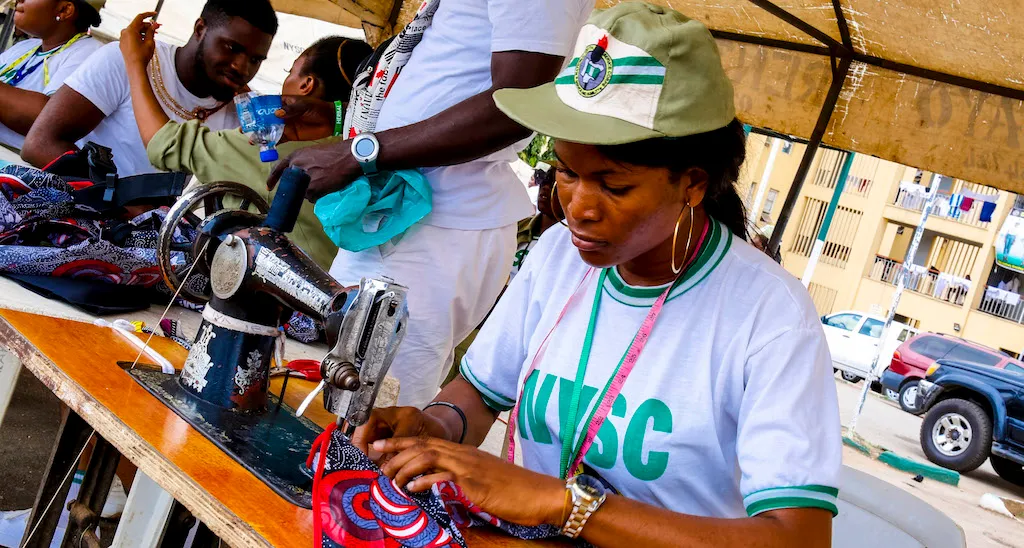The recent proposition by Nigeria’s Minister of Education to extend the National Youth Service Corps (NYSC) program from one to two years has ignited a passionate national debate. Established in 1973, in the post-civil war era, the NYSC was envisioned as a tool for fostering national unity, promoting cultural exchange, and instilling a sense of patriotic service among Nigerian graduates. The program mandates that graduates of universities and polytechnics serve for a year in states outside their own, intended to break down regional barriers and build a unified national identity. However, the proposed extension has raised critical questions about the program’s efficacy, relevance, and the potential impact on both graduates and the nation.

Public perception of the NYSC is a complex tapestry of opinions. While some graduates recount valuable experiences and lasting friendships forged during their service year, many others express frustration with the program’s perceived inefficiencies and safety concerns. The rising insecurity across parts of the country has amplified anxieties about the safety of corps members posted to volatile regions. Moreover, the program’s impact on graduate employability is a subject of intense debate. Many graduates find that the skills acquired during their service year are not directly transferable to the job market, leading to prolonged periods of unemployment. The fundamental question of whether the program effectively achieves its core goal of national unity also persists, with critics pointing to ongoing ethnic and regional tensions.
The NYSC does offer some tangible benefits. It provides graduates with opportunities to gain work experience, particularly those posted to government agencies and private companies. The Skill Acquisition and Entrepreneurship Development (SAED) program aims to equip corps members with skills for self-employment, potentially fostering entrepreneurship and reducing unemployment. However, the quality of SAED training varies, and many graduates find it insufficient to launch successful businesses. The program also facilitates cultural exchange, exposing graduates to diverse communities and fostering a sense of national identity. Yet, the extent to which this translates into lasting unity remains a subject of contention.
The proposed two-year extension introduces a complex set of implications. Proponents argue that it would allow for more in-depth skill acquisition and entrepreneurial training, potentially enhancing graduates’ employability and addressing the persistent issue of youth unemployment. They also suggest that a longer service period could facilitate greater participation in national development projects, such as education, healthcare, and infrastructure development. This could potentially lead to more significant contributions to national progress.

However, the extension also raises serious concerns. The financial burden on the government, already grappling with budgetary constraints, would be substantial. Extending the program would prolong the period during which graduates are unable to pursue full-time employment, potentially delaying their career progression. Furthermore, there are doubts about the effectiveness of extending a program that already faces challenges in achieving its core objectives. The potential for increased public resistance due to the added time commitment and financial implications is also a significant factor. The need for a complete overhaul of the NYSC, instead of just an extension, has also been brought up.
Ultimately, the future of the NYSC program hinges on a thorough and transparent evaluation of its impact, relevance, and cost-effectiveness. The Nigerian government must engage in meaningful dialogue with graduates, employers, and other stakeholders to determine the best course of action. This includes exploring alternative models of national service that better align with the needs of contemporary Nigerian society. The discussion needs to address the issues of safety, employability, and the fundamental goal of national unity.
